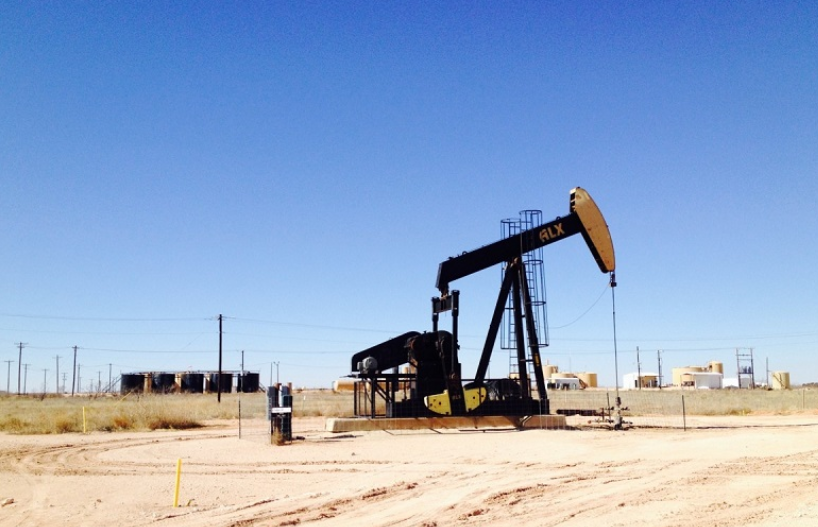
The US is the world leader in fracking and natural gas in the world. Fracking, also known as hydraulic fracturing, is a common target for environmental protestors due to its propensity to cause miniature earthquakes and use up vast amounts of water, which eventually toxifies.
However, it has become an energy imperative for nations looking to reduce energy imports from abroad. But what exactly is fracking and how has it earned such a poor reputation?
Underground fracturing
Fracking is the word used to describe fracturing of the rocks below during the process of obtained gas from the ground.
The process of fracking begins by operators drilling deep into the ground, before a 90 degree turn to create a fracking well in the area known as the shale rock formation. Once this is complete, fracking fluid is then pumped into the well which causes the shale rock to crack and release the gas.
The fracking fluid is 90% water with a mixture of sand, clay and either acid, slickwater and disinfectant. Around three to six million gallons of water is required for each well.
Where is fracking used?
In the UK fracking has remained at an exploratory stage for a number of years, despite having the support of Prime Minister David Cameron during his premiership of 2010-2016. The only company in the UK to do any serious drilling is Cuadrilla Resources in the North West of England.
The world leader in fracking is the US, where fracking has been so extensive it has led to what has been called a shale gas ‘revolution’.
The production of natural gas has risen by 60% since 2008, currently producing at 91 billion cubic feet per day (Bcf/d) and forming 37% of the US’ power generation. Of this, hydraulic fracturing now accounts for almost 80% of this production at the end of 2018, rising from about 10% from 2008.
The success of the shale gas revolution in the US has led to the country becoming a net energy exporter and fits in with pledges made by both the Obama and Trump administrations to become energy independent.
Why is fracking unpopular?
Fracking has been the target of extensive, organised protesting. For example in the UK under the umbrella organisation Frack Off, numerous local organisations have sprung up and protested the presence of fracking in their areas.
The practice of fracking has been linked to mini earthquakes. In the first case of fracking in the UK by Cuadrilla near Blackpool in 2011, two mini earthquakes measuring 1.5 and 2.3 on the Richter scale respectively were detected in April and May of that year.
It was concluded that it wasn’t the fracturing of the rocks that caused the earthquakes but the injection of water, which has been described as “oiling the fault” by pushing the rocks apart.
Alongside mini earthquakes, fracking has been condemned for causing water pollution and for excessive use of water, using millions of gallons of water for each fracking well.
However some benefits to fracking have been put forward. Although it is a fossil fuel, it emits 50% less than CO2 than coal and 30% less than oil. Whilst gas produces methane, emissions produced from natural gas production have fallen across the board from total emissions to emissions per unit of gas.
The future of fracking
Natural gas continues to increase in production in the US, where figures are predicted to rise to 92.5 Bcf/d by the end of 2020.
Other countries such as China have also made fracking a priority, with the China National Petroleum Corporation investing $4bn in investing in shale gas production in Sichuan province. However, production was suspended in May 2019 due to a series of tremors that led to the deaths of two people and displaced a further 1,600.
Fracking may also play a role in geopolitical tensions between Russia and the US. Russian state TV channel Russia Today has pushed a strong anti-fracking narrative due to the challenges it presents to Russian gas energy giant Gazprom.
Despite the recent shale gas revolution, shale gas is a fossil fuel with a finite supply so the fracking bubble will eventually burst.